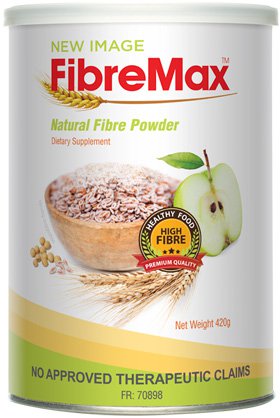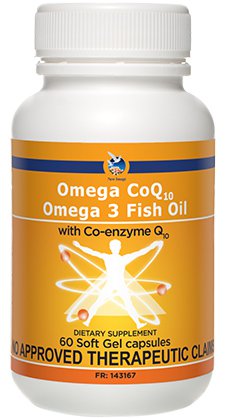

We’ve been told for decades to avoid foods with cholesterol, because they are what’s clogging our arteries. No egg yolks, only egg whites! We’ve been told that if we want to be healthy, we need to minimise cholesterol consumption. No butter, just margarine! We’ve been told to switch to grains and minimise meat consumption. Meat has cholesterol, and cholesterol is bad! Meat will kill you!
Afterall this is what we have heard while growing up. It must be true?
Cholesterol is a waxy, fat like substance which is found in all cells in your body.
HDL which stands for high density lipoprotein, this is also known as the ‘good’ cholesterol as it carries cholesterol from other parts of your body back to your liver, where it gets removed.
And LDL which stands for low density lipoprotein and is known as the ‘bad’ cholesterol, as too much LDL can lead to the build up of plaque in your arteries. Your body needs some cholesterol to help you digest food, make hormones, and generate Vitamin D. These all sound like pretty important things. You’re not wrong. So, to make sure we have enough cholesterol to carry out these functions our liver naturally makes cholesterol (around 1000mg+ of it per day). But what about the cholesterol in the food we eat? Well to be honest, dietary cholesterol or cholesterol in your food isn’t actually absorbed that efficiently and is rapidly excreted. To sum this up, the cholesterol you do eat, has little to do with the cholesterol in our blood stream.
If you have too much LDL cholesterol in your blood, it can combine with other substances to form plaque. Plaque sticks to the walls of your arteries. The build-up of plaque is known as atherosclerosis. It can lead to coronary heart disease, where your coronary arteries become narrow or even blocked.
But it really comes down to two things: lifestyle and diet. Too much high carbs, starches and sugar paired with too little exercise can cause inflammation and oxidation which cause plaque build-up in our arteries.
While these steps do not fully remove the risk of heart disease and cholesterol, they can help improve overall heart health and inflammation.

Diet: Remove processed junk. Aim for high fibre foods, lots of vegetables, healthy fats such as avocado, olive oil, nuts and seeds etc and reduce the amount of salt, sugar and alcohol in your diet.
Fibre is important as it helps lower LDL, a high quality supplement such as FibreMax™ is a great option.
Supplementation:

Omegas are known to help support heart health by reducing heart disease and lowering triglycerides (blood fat).(Omega CoQ10)
Long story short: Dietary cholesterol (cholesterol in your food) is poorly absorbed by our body and rapidly excreted, which means the amount of cholesterol you consume has VERY little to do with the levels of cholesterol in our blood stream!